“Crisis will not slow EU integrations”
European Enlargement Commissioner Stefan Fuele said that the current financial crisis in Greece will not slow down the EU integration of the Western Balkans.
Friday, 14.05.2010.
13:30

European Enlargement Commissioner Stefan Fuele said that the current financial crisis in Greece will not slow down the EU integration of the Western Balkans. Fuele said that Brussels was aware of the challenges and risks and was taking into consideration the situation in Bosnia-Herzegovina and "relations between Serbia and Kosovo". “Crisis will not slow EU integrations” According to a FoNet news agency report, he said that the conditions necessary for countries of the Western Balkans to join the EU might be made stricter. However, Fuele said that he believed that there were no outside factors, including the economic crisis in the EU, that could delay the enlargement process. “I believe that the internal and domestic factors—the reforms—are key to the speed of EU accession. It is up to the candidate countries to see that membership in the European Union is the best foundation for securing stability and prosperity for their citizens,” Fuele said. He added that there was no danger of an "increase in nationalism" on the territory of the former Yugoslavia, stating that the Western Balkans had made "great progress in the last 20 years". “Of course, the burden of the historical inheritance is still felt. This region is in a different situation than Central and Eastern Europe. However, the speed of reforms will depend primarily on the domestic politicians. The European Commission confirmed the criteria, standards—it is up to them to adopt and implement them,” Fuele said. He also noted that "NATO and the EU have invested a lot in the Western Balkans", as the member-states of these two organizations were convinced that "prosperity and stability of the countries on the territory of the former Yugoslavia can be secured with their entrance into NATO and the EU".
“Crisis will not slow EU integrations”
According to a FoNet news agency report, he said that the conditions necessary for countries of the Western Balkans to join the EU might be made stricter.However, Fuele said that he believed that there were no outside factors, including the economic crisis in the EU, that could delay the enlargement process.
“I believe that the internal and domestic factors—the reforms—are key to the speed of EU accession. It is up to the candidate countries to see that membership in the European Union is the best foundation for securing stability and prosperity for their citizens,” Fuele said.
He added that there was no danger of an "increase in nationalism" on the territory of the former Yugoslavia, stating that the Western Balkans had made "great progress in the last 20 years".
“Of course, the burden of the historical inheritance is still felt. This region is in a different situation than Central and Eastern Europe. However, the speed of reforms will depend primarily on the domestic politicians. The European Commission confirmed the criteria, standards—it is up to them to adopt and implement them,” Fuele said.
He also noted that "NATO and the EU have invested a lot in the Western Balkans", as the member-states of these two organizations were convinced that "prosperity and stability of the countries on the territory of the former Yugoslavia can be secured with their entrance into NATO and the EU".












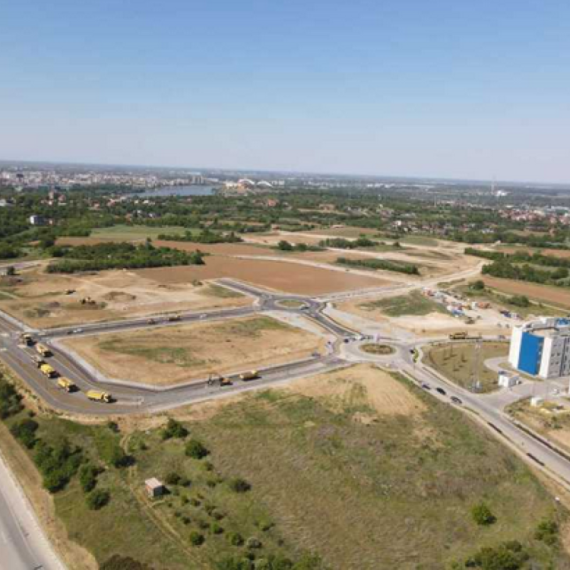




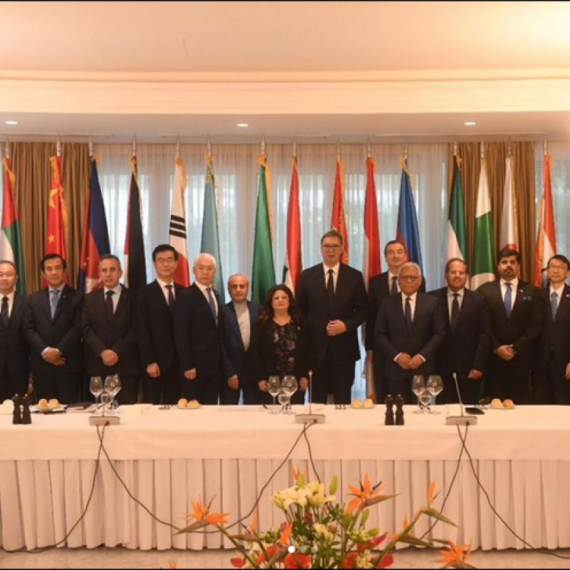



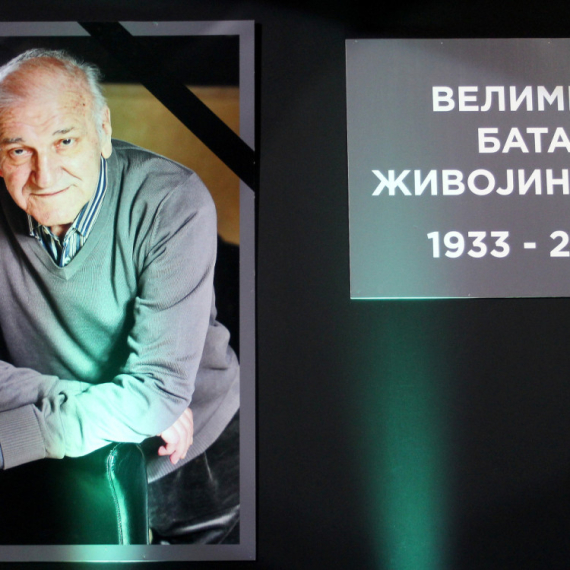
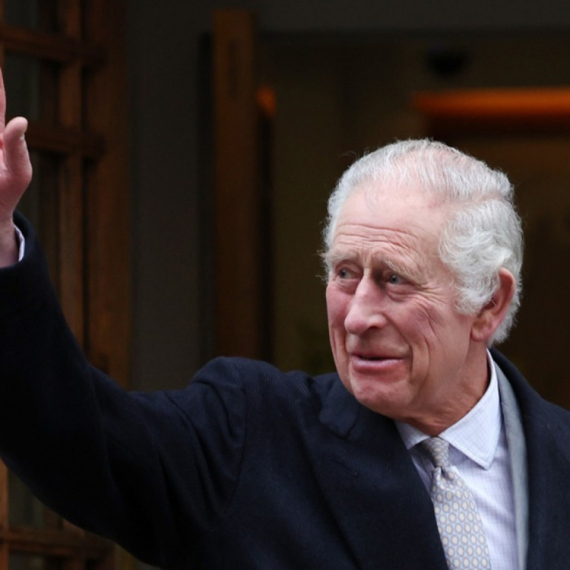















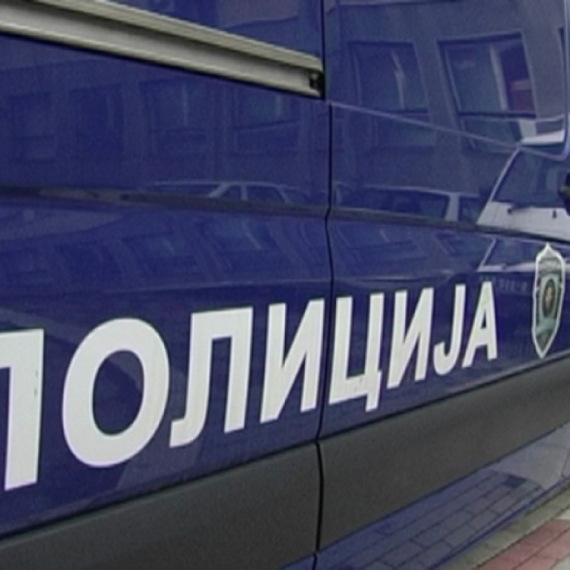









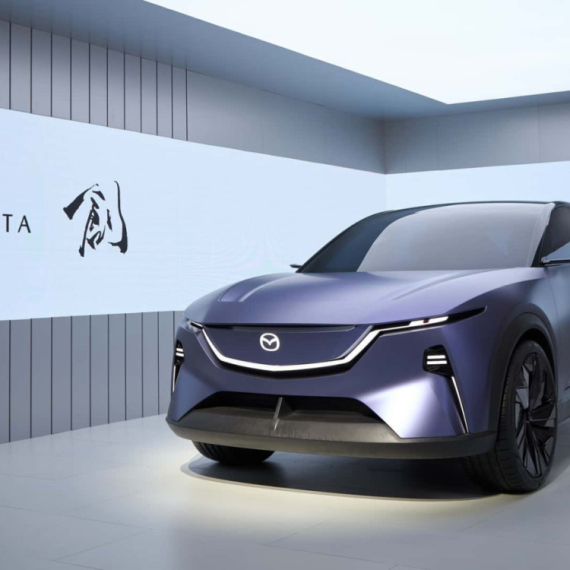
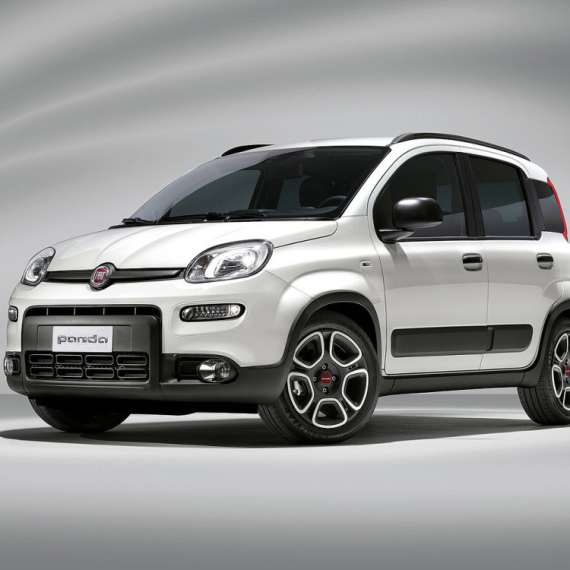
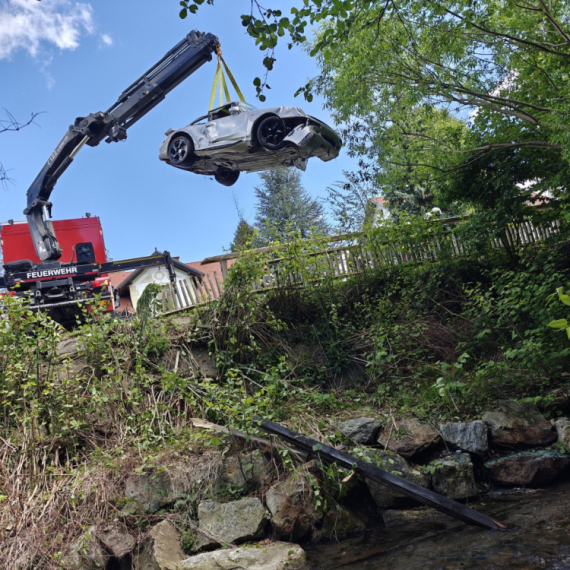

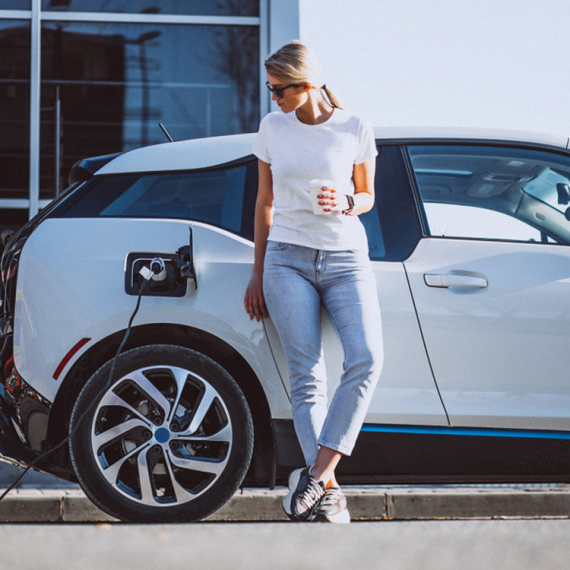

Komentari 4
Pogledaj komentare